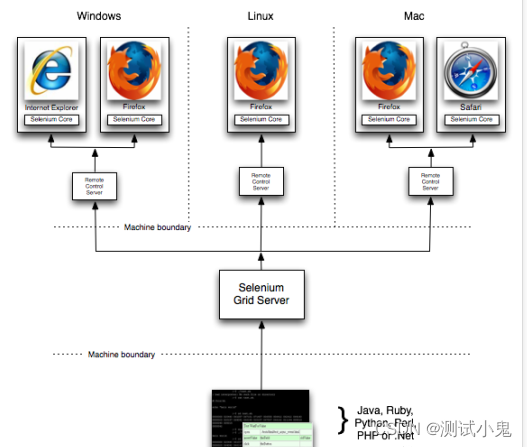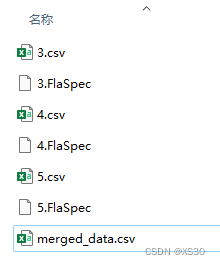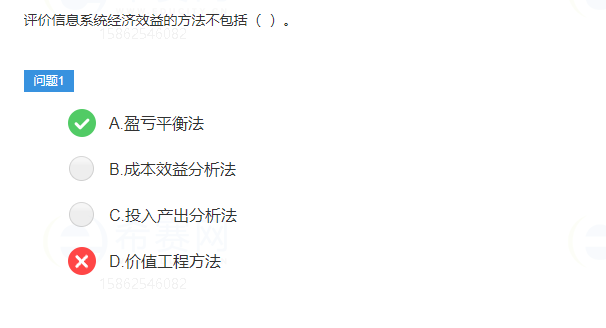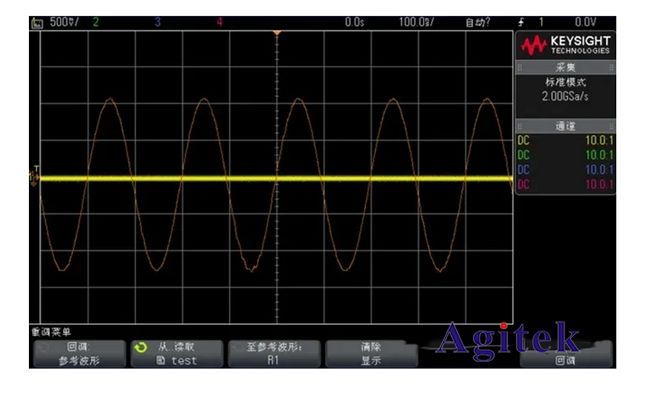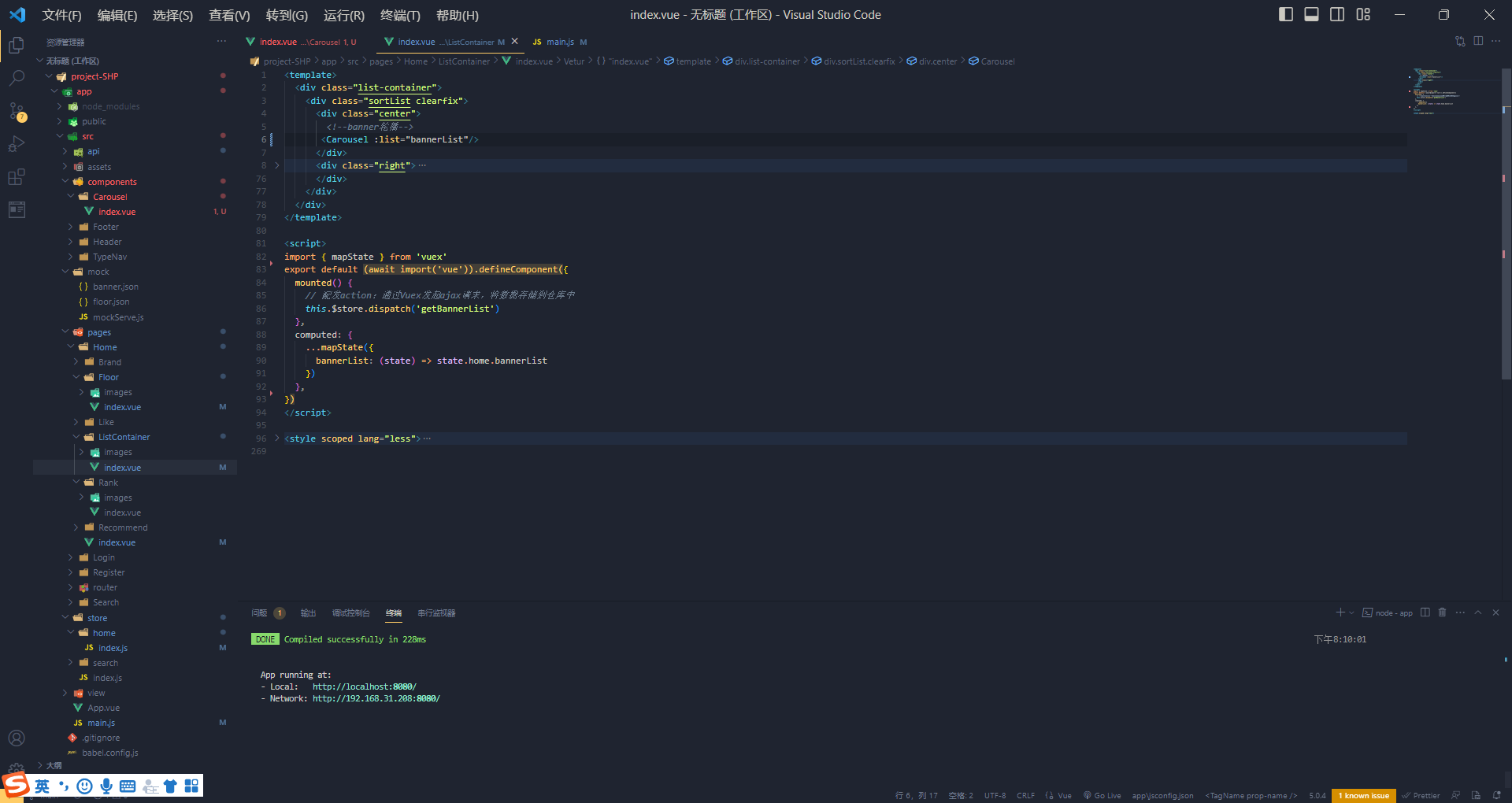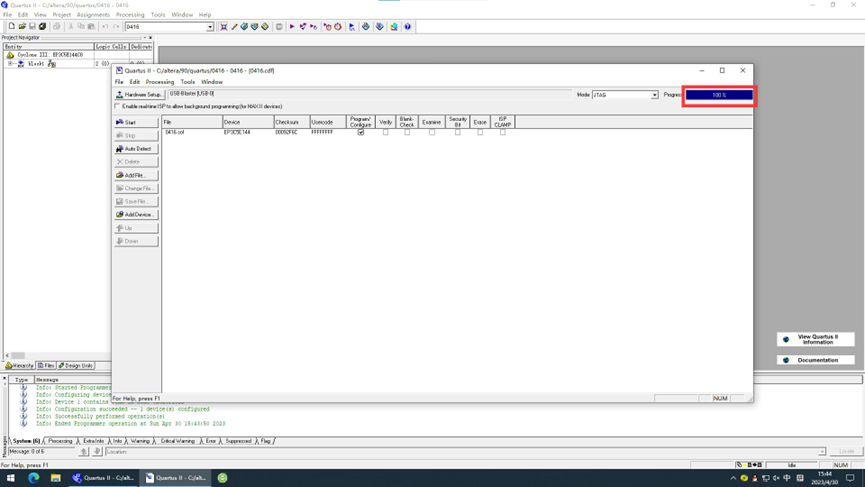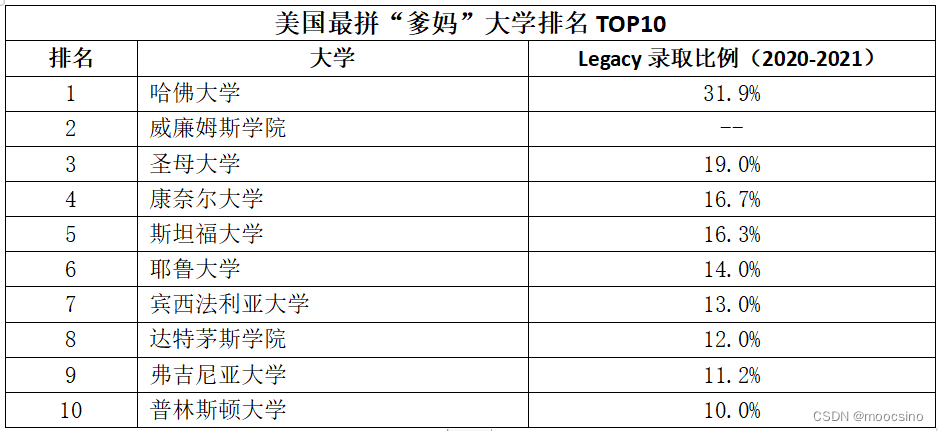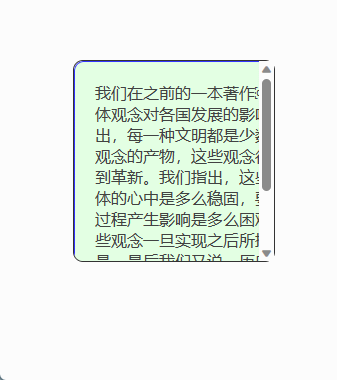什么是环境光贴图
下面先看两个例子:
- 使用左侧的纹理 渲染茶壶,得到茶壶对真实空间的反射效果
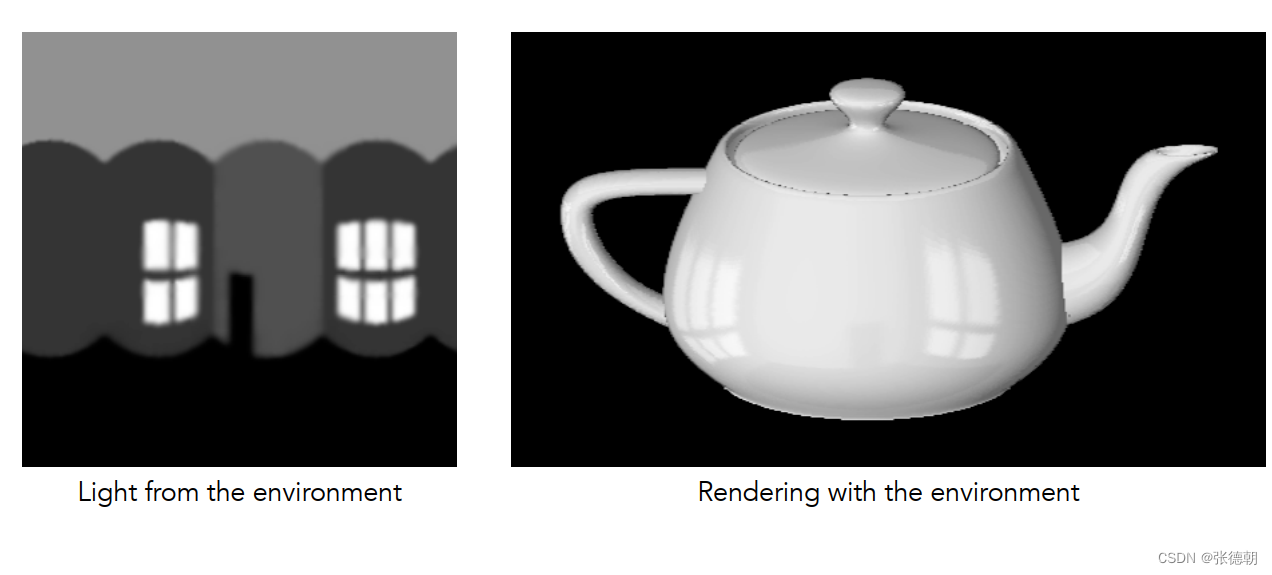
- 同样使用左侧的纹理,得到中心的球对四周物体的反射效果
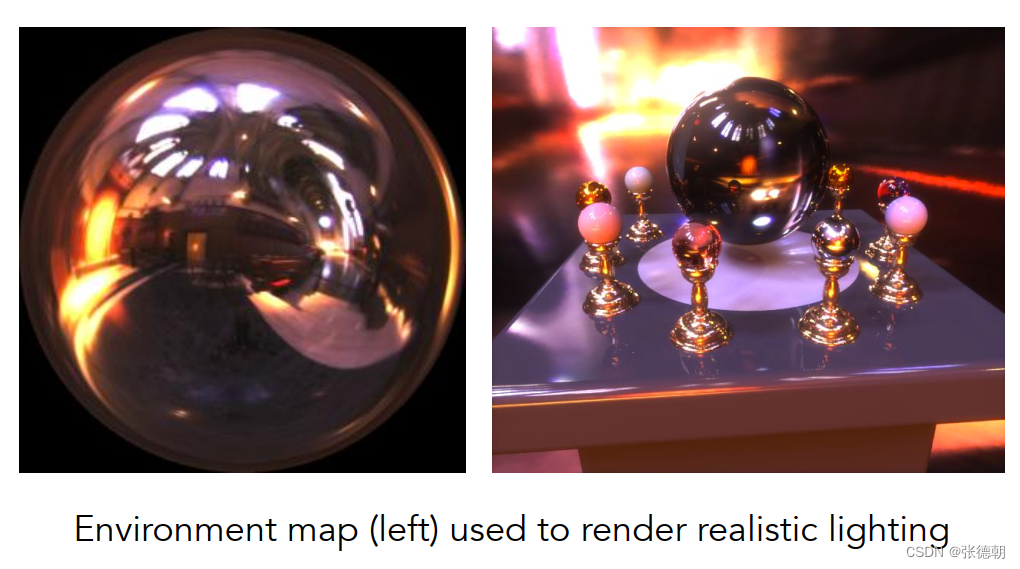
所以,环境光贴图指的是通过构建物体周围世界的纹理,使用纹理贴图的方式得到该物体对周围世界的反射效果。
环境光贴图的方式
环境光贴图常见的两种方式如下,图中也描述了其各自的优缺点,下面我们尝试使用cube map的方式来实现环境光贴图。
-
cube map
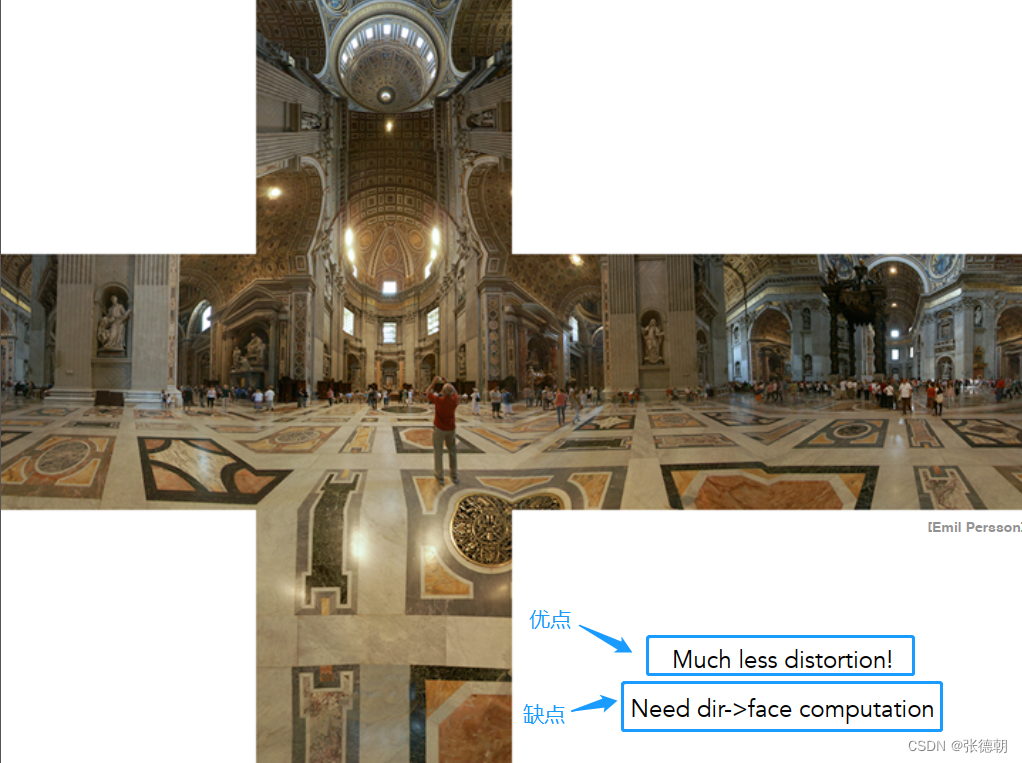
-
Spherical Environment Map
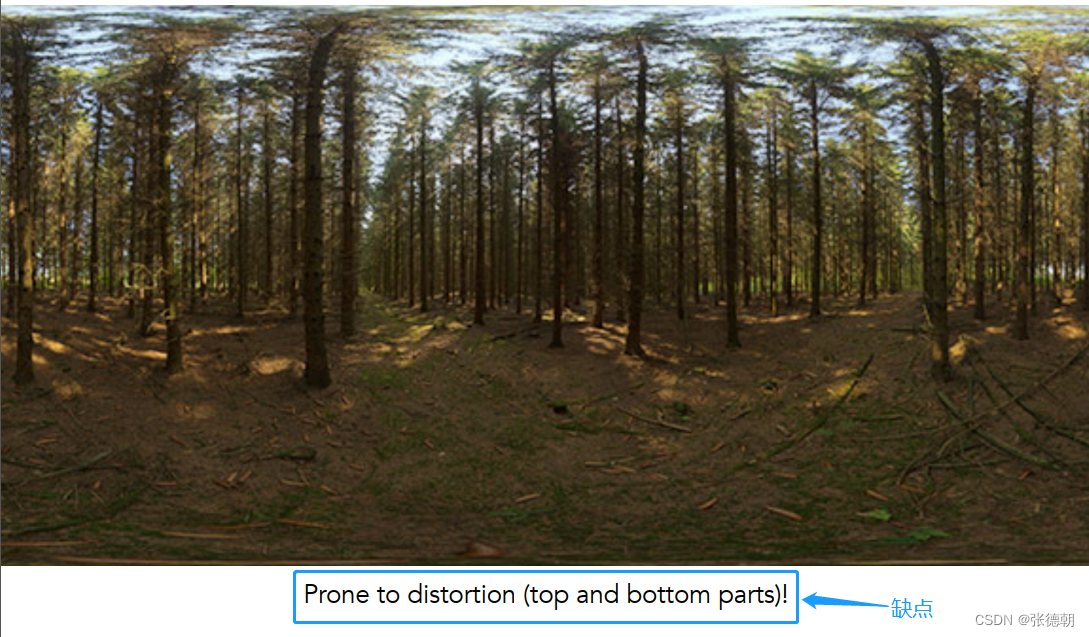
实现环境光贴图
首先,我们先看最后的效果。
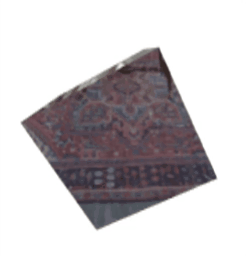
下面我们会分为如下几个部分在上一博客:Cube Map 系列之:手把手教你 使用 立方体贴图的代码基础上进行完善
- 更新纹理材料,使用环境光纹理替换上一博客中自动生成的纹理
- 通过更新法线信息,使得物体在更新状态的过程中,获取其世界法线方向对应的纹理(而非模型坐标下的法线方向)
- 通过入射方向和法线方向,获取其反射方向,获取反射状态的纹理
步骤1:更新法线纹理
-
环境光贴图资源

-
修改
setTexture
// 创建纹理
const texture = gl.createTexture();
gl.bindTexture(gl.TEXTURE_CUBE_MAP, texture);
const ctx = document.createElement("canvas").getContext("2d");
ctx.canvas.width = 128;
ctx.canvas.height = 128;
const faceInfos = [
{
target: gl.TEXTURE_CUBE_MAP_POSITIVE_X,
url: 'resources/pos-x.jpg',
},
{
target: gl.TEXTURE_CUBE_MAP_NEGATIVE_X,
url: 'resources/neg-x.jpg',
},
{
target: gl.TEXTURE_CUBE_MAP_POSITIVE_Y,
url: 'resources/pos-y.jpg',
},
{
target: gl.TEXTURE_CUBE_MAP_NEGATIVE_Y,
url: 'resources/neg-y.jpg',
},
{
target: gl.TEXTURE_CUBE_MAP_POSITIVE_Z,
url: 'resources/pos-z.jpg',
},
{
target: gl.TEXTURE_CUBE_MAP_NEGATIVE_Z,
url: 'resources/neg-z.jpg',
},
];
faceInfos.forEach((faceInfo) => {
const {target, url} = faceInfo;
// Upload the canvas to the cube map face.
const level = 0;
const internalFormat = gl.RGBA;
const width = 512;
const height = 512;
const format = gl.RGBA;
const type = gl.UNSIGNED_BYTE;
gl.texImage2D(target, level, internalFormat, width, height, 0, format, type, null);
const image = new Image();
image.src = url;
image.addEventListener("load", function (){
gl.bindTexture(gl.TEXTURE_CUBE_MAP, texture);
gl.texImage2D(target, level, internalFormat, format, type, image);
gl.generateMipmap(gl.TEXTURE_CUBE_MAP);
})
})
gl.generateMipmap(gl.TEXTURE_CUBE_MAP);
gl.texParameteri(gl.TEXTURE_CUBE_MAP, gl.TEXTURE_MIN_FILTER, gl.LINEAR_MIPMAP_LINEAR);
- 效果如下
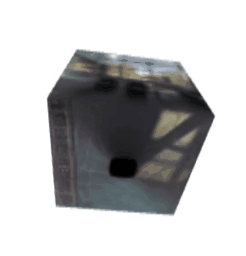
步骤2:使用世界法线去获取纹理
修改顶点着色器
- 传入法线信息
- 传入 m 矩阵
- 计算
v_worldNormal,用于后续计算反射方向 - 计算
v_worldPosition,用于结合相机位置计算入射方向
const V_SHADER_SOURCE = '' +
'attribute vec4 a_position;' +
'attribute vec3 a_normal;' +
'uniform mat4 u_projection;' +
'uniform mat4 u_view;' +
'uniform mat4 u_world;' +
'varying vec3 v_worldPosition;' +
'varying vec3 v_worldNormal;' +
'void main(){' +
'gl_Position = u_projection * u_view * u_world * a_position;' +
'v_worldPosition = (u_world * a_position).xyz;' +
'v_worldNormal = mat3(u_world) * normalize(a_position.xyz);' +
'}'
传入法线信息
- 新增函数
setNormals()
const normalBuffer = gl.createBuffer();
gl.bindBuffer(gl.ARRAY_BUFFER, normalBuffer);
gl.bufferData(gl.ARRAY_BUFFER, normal, gl.STATIC_DRAW);
const normalLocation = gl.getAttribLocation(gl.program, "a_normal");
gl.enableVertexAttribArray(normalLocation);
const size = 3;
const type = gl.FLOAT;
const normalize = false;
const stride = 0;
const offset = 0;
gl.vertexAttribPointer(normalLocation, size, type, normalize, stride, offset);
传入 m、v、p等uniform
- 修改函数
updateMatrix(time)
// 获取project的位置
const projectionLocation = gl.getUniformLocation(gl.program, "u_projection");
// 获取view的位置
const viewLocation = gl.getUniformLocation(gl.program, "u_view");
// 获取world(模型变换矩阵)的位置
const worldLocation = gl.getUniformLocation(gl.program, "u_world");
// 获取纹理的位置
const textureLocation = gl.getUniformLocation(gl.program, "u_texture");
// 获取相机坐标的位置
const worldCameraPositionLocation = gl.getUniformLocation(gl.program, "u_worldCameraPosition");
time *= 0.001;
const deltaTime = time - then;
then = time;
modelXRotationRadians += -0.7 * deltaTime;
modelYRotationRadians += -0.4 * deltaTime;
// Compute the projection matrix
const aspect = gl.canvas.clientWidth / gl.canvas.clientHeight;
const projectionMatrix =
m4.perspective(fieldOfViewRadians, aspect, 1, 2000);
const cameraPosition = [0, 0, 2];
const up = [0, 1, 0];
const target = [0, 0, 0];
// Compute the camera's matrix using look at.
const cameraMatrix = m4.lookAt(cameraPosition, target, up);
// Make a view matrix from the camera matrix.
const viewMatrix = m4.inverse(cameraMatrix);
let worldMatrix = m4.xRotation(modelXRotationRadians);
worldMatrix = m4.yRotate(worldMatrix, modelYRotationRadians);
// 分别设置对应的uniforms
gl.uniformMatrix4fv(projectionLocation, false, projectionMatrix);
gl.uniformMatrix4fv(viewLocation, false, viewMatrix);
gl.uniformMatrix4fv(worldLocation, false, worldMatrix);
gl.uniform3fv(worldCameraPositionLocation, cameraPosition);
gl.uniform1i(textureLocation, 0);
修改片元着色器
- 使用顶点着色器计算得到的世界法线 来获取纹理
gl_FragColor = textureCube(u_texture, normalize(v_worldNormal));
效果
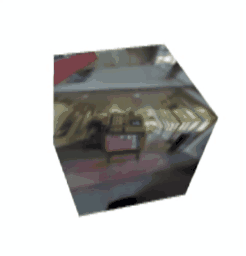
- 可以看见,现在已经初具成效,但是其效果并非是反射,而且以立方体的片元所在位置的法线向量去获取纹理,相当于真实世界的纹理投射到一个旋转的立方体上,因此在拐角处也会出现明显的拉升
步骤3:使用反射方向去获取纹理
如下图所示
- 通过相机位置和所看的片元世界坐标,可以获取入射角度
- 结合法线方向 可以获取反射方向
- 通过反射方向,可以计算得到真实的反射纹理
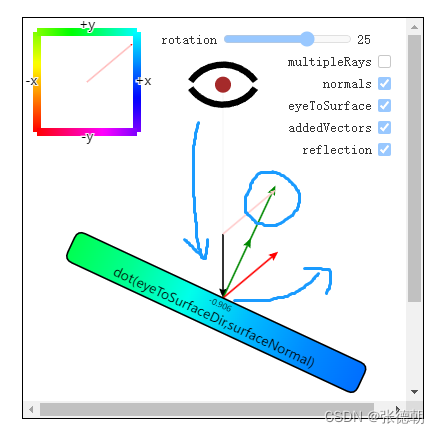
修改片元着色器
const F_SHADER_SOURCE = '' +
'precision mediump float;' +
'varying vec3 v_worldPosition;' +
'varying vec3 v_worldNormal;' +
'uniform samplerCube u_texture;' +
'uniform vec3 u_worldCameraPosition;' +
'void main(){' +
'vec3 worldNormal = normalize(v_worldNormal);' +
'vec3 eyeToSurfaceDir = normalize(v_worldPosition - u_worldCameraPosition);' +
'vec3 direction = reflect(eyeToSurfaceDir, worldNormal);' +
' gl_FragColor = textureCube(u_texture, direction);' +
'}'
修改顶点着色器
- 使用传入的
a_normal替换normalize(a_position.xyz)
v_worldNormal = mat3(u_world) * a_normal;
效果

完整代码
<!DOCTYPE html>
<html lang="en">
<head>
<meta charset="UTF-8">
<title>CubeMap</title>
</head>
<body>
<script src="https://webglfundamentals.org/webgl/resources/m4.js"></script>
<canvas id="canvas" style="height: 256px; width: 246px"></canvas>
<script>
const V_SHADER_SOURCE = '' +
'attribute vec4 a_position;' +
'attribute vec3 a_normal;' +
'uniform mat4 u_projection;' +
'uniform mat4 u_view;' +
'uniform mat4 u_world;' +
'varying vec3 v_worldPosition;' +
'varying vec3 v_worldNormal;' +
'void main(){' +
'gl_Position = u_projection * u_view * u_world * a_position;' +
'v_worldPosition = (u_world * a_position).xyz;' +
'v_worldNormal = mat3(u_world) * a_normal;' +
'}'
const F_SHADER_SOURCE = '' +
'precision mediump float;' +
'varying vec3 v_worldPosition;' +
'varying vec3 v_worldNormal;' +
'uniform samplerCube u_texture;' +
'uniform vec3 u_worldCameraPosition;' +
'void main(){' +
'vec3 worldNormal = normalize(v_worldNormal);' +
'vec3 eyeToSurfaceDir = normalize(v_worldPosition - u_worldCameraPosition);' +
'vec3 direction = reflect(eyeToSurfaceDir, worldNormal);' +
' gl_FragColor = textureCube(u_texture, direction);' +
'}'
function main(){
// Get A WebGL context
/** @type {HTMLCanvasElement} */
const canvas = document.querySelector("#canvas");
const gl = canvas.getContext("webgl");
if (!gl) {
return;
}
if (!initShaders(gl, V_SHADER_SOURCE, F_SHADER_SOURCE)){
console.log('Failed to initialize shaders.');
return;
}
setGeometry(gl, getGeometry());
setNormals(gl, getNormals())
setTexture(gl)
function radToDeg(r) {
return r * 180 / Math.PI;
}
function degToRad(d) {
return d * Math.PI / 180;
}
const fieldOfViewRadians = degToRad(60);
let modelXRotationRadians = degToRad(0);
let modelYRotationRadians = degToRad(0);
// Get the starting time.
let then = 0;
requestAnimationFrame(drawScene);
function drawScene(time){
gl.viewport(0, 0, gl.canvas.width, gl.canvas.height);
gl.enable(gl.CULL_FACE);
gl.enable(gl.DEPTH_TEST);
gl.clear(gl.COLOR_BUFFER_BIT | gl.DEPTH_BUFFER_BIT);
gl.useProgram(gl.program);
updateMatrix(gl, time);
// Draw the geometry.
gl.drawArrays(gl.TRIANGLES, 0, 6 * 6);
requestAnimationFrame(drawScene);
}
function updateMatrix(gl, time){
const projectionLocation = gl.getUniformLocation(gl.program, "u_projection");
const viewLocation = gl.getUniformLocation(gl.program, "u_view");
const worldLocation = gl.getUniformLocation(gl.program, "u_world");
const textureLocation = gl.getUniformLocation(gl.program, "u_texture");
const worldCameraPositionLocation = gl.getUniformLocation(gl.program, "u_worldCameraPosition");
time *= 0.001;
const deltaTime = time - then;
then = time;
modelXRotationRadians += -0.7 * deltaTime;
modelYRotationRadians += -0.4 * deltaTime;
// Compute the projection matrix
const aspect = gl.canvas.clientWidth / gl.canvas.clientHeight;
const projectionMatrix =
m4.perspective(fieldOfViewRadians, aspect, 1, 2000);
const cameraPosition = [0, 0, 2];
const up = [0, 1, 0];
const target = [0, 0, 0];
// Compute the camera's matrix using look at.
const cameraMatrix = m4.lookAt(cameraPosition, target, up);
// Make a view matrix from the camera matrix.
const viewMatrix = m4.inverse(cameraMatrix);
let worldMatrix = m4.xRotation(modelXRotationRadians);
worldMatrix = m4.yRotate(worldMatrix, modelYRotationRadians);
// Set the uniforms
gl.uniformMatrix4fv(projectionLocation, false, projectionMatrix);
gl.uniformMatrix4fv(viewLocation, false, viewMatrix);
gl.uniformMatrix4fv(worldLocation, false, worldMatrix);
gl.uniform3fv(worldCameraPositionLocation, cameraPosition);
gl.uniform1i(textureLocation, 0);
}
}
/**
* create a program object and make current
* @param gl GL context
* @param vShader a vertex shader program (string)
* @param fShader a fragment shader program(string)
*/
function initShaders(gl, vShader, fShader){
const program = createProgram(gl, vShader, fShader);
if (!program){
console.log("Failed to create program");
return false;
}
gl.useProgram(program);
gl.program = program;
return true;
}
/**
* create a program object and make current
* @param gl GL context
* @param vShader a vertex shader program (string)
* @param fShader a fragment shader program(string)
*/
function createProgram(gl, vShader, fShader){
const vertexShader = loadShader(gl, gl.VERTEX_SHADER, vShader);
const fragmentShader = loadShader(gl, gl.FRAGMENT_SHADER, fShader);
if (!vertexShader || !fragmentShader){
return null;
}
const program = gl.createProgram();
if (!program){
return null;
}
gl.attachShader(program, vertexShader);
gl.attachShader(program, fragmentShader);
gl.linkProgram(program);
const linked = gl.getProgramParameter(program, gl.LINK_STATUS);
if (!linked){
const error = gl.getProgramInfoLog(program);
console.log('Failed to link program: ' + error);
gl.deleteProgram(program);
gl.deleteShader(vertexShader);
gl.deleteShader(fragmentShader);
}
return program;
}
/**
*
* @param gl GL context
* @param type the type of the shader object to be created
* @param source shader program (string)
*/
function loadShader(gl, type, source){
const shader = gl.createShader(type);
if (shader == null){
console.log('unable to create shader');
return null;
}
gl.shaderSource(shader, source);
gl.compileShader(shader);
const compiled = gl.getShaderParameter(shader, gl.COMPILE_STATUS);
if (!compiled){
const error = gl.getShaderInfoLog(shader);
console.log('Failed to compile shader: ' + error);
gl.deleteShader(shader);
return null;
}
return shader;
}
function getGeometry(){
return new Float32Array(
[
-0.5, -0.5, -0.5,
-0.5, 0.5, -0.5,
0.5, -0.5, -0.5,
-0.5, 0.5, -0.5,
0.5, 0.5, -0.5,
0.5, -0.5, -0.5,
-0.5, -0.5, 0.5,
0.5, -0.5, 0.5,
-0.5, 0.5, 0.5,
-0.5, 0.5, 0.5,
0.5, -0.5, 0.5,
0.5, 0.5, 0.5,
-0.5, 0.5, -0.5,
-0.5, 0.5, 0.5,
0.5, 0.5, -0.5,
-0.5, 0.5, 0.5,
0.5, 0.5, 0.5,
0.5, 0.5, -0.5,
-0.5, -0.5, -0.5,
0.5, -0.5, -0.5,
-0.5, -0.5, 0.5,
-0.5, -0.5, 0.5,
0.5, -0.5, -0.5,
0.5, -0.5, 0.5,
-0.5, -0.5, -0.5,
-0.5, -0.5, 0.5,
-0.5, 0.5, -0.5,
-0.5, -0.5, 0.5,
-0.5, 0.5, 0.5,
-0.5, 0.5, -0.5,
0.5, -0.5, -0.5,
0.5, 0.5, -0.5,
0.5, -0.5, 0.5,
0.5, -0.5, 0.5,
0.5, 0.5, -0.5,
0.5, 0.5, 0.5,
]);
}
// Fill the buffer with the values that define a cube.
function setGeometry(gl, positions) {
const positionLocation = gl.getAttribLocation(gl.program, "a_position");
const positionBuffer = gl.createBuffer();
gl.bindBuffer(gl.ARRAY_BUFFER, positionBuffer);
gl.bufferData(gl.ARRAY_BUFFER, positions, gl.STATIC_DRAW);
gl.enableVertexAttribArray(positionLocation);
const size = 3;
const type = gl.FLOAT;
const normalize = false;
const stride = 0;
const offset = 0;
gl.vertexAttribPointer(positionLocation, size, type, normalize, stride, offset);
}
function setTexture(gl){
// Create a texture.
const texture = gl.createTexture();
gl.bindTexture(gl.TEXTURE_CUBE_MAP, texture);
const ctx = document.createElement("canvas").getContext("2d");
ctx.canvas.width = 128;
ctx.canvas.height = 128;
const faceInfos = [
{
target: gl.TEXTURE_CUBE_MAP_POSITIVE_X,
url: 'resources/pos-x.jpg',
},
{
target: gl.TEXTURE_CUBE_MAP_NEGATIVE_X,
url: 'resources/neg-x.jpg',
},
{
target: gl.TEXTURE_CUBE_MAP_POSITIVE_Y,
url: 'resources/pos-y.jpg',
},
{
target: gl.TEXTURE_CUBE_MAP_NEGATIVE_Y,
url: 'resources/neg-y.jpg',
},
{
target: gl.TEXTURE_CUBE_MAP_POSITIVE_Z,
url: 'resources/pos-z.jpg',
},
{
target: gl.TEXTURE_CUBE_MAP_NEGATIVE_Z,
url: 'resources/neg-z.jpg',
},
];
faceInfos.forEach((faceInfo) => {
const {target, url} = faceInfo;
// Upload the canvas to the cube map face.
const level = 0;
const internalFormat = gl.RGBA;
const width = 512;
const height = 512;
const format = gl.RGBA;
const type = gl.UNSIGNED_BYTE;
gl.texImage2D(target, level, internalFormat, width, height, 0, format, type, null);
const image = new Image();
image.src = url;
image.addEventListener("load", function (){
gl.bindTexture(gl.TEXTURE_CUBE_MAP, texture);
gl.texImage2D(target, level, internalFormat, format, type, image);
gl.generateMipmap(gl.TEXTURE_CUBE_MAP);
})
})
gl.generateMipmap(gl.TEXTURE_CUBE_MAP);
gl.texParameteri(gl.TEXTURE_CUBE_MAP, gl.TEXTURE_MIN_FILTER, gl.LINEAR_MIPMAP_LINEAR);
}
function setNormals(gl, normal){
const normalBuffer = gl.createBuffer();
gl.bindBuffer(gl.ARRAY_BUFFER, normalBuffer);
gl.bufferData(gl.ARRAY_BUFFER, normal, gl.STATIC_DRAW);
//
const normalLocation = gl.getAttribLocation(gl.program, "a_normal");
gl.enableVertexAttribArray(normalLocation);
const size = 3;
const type = gl.FLOAT;
const normalize = false;
const stride = 0;
const offset = 0;
gl.vertexAttribPointer(normalLocation, size, type, normalize, stride, offset);
}
function getNormals() {
return new Float32Array(
[
0, 0, -1,
0, 0, -1,
0, 0, -1,
0, 0, -1,
0, 0, -1,
0, 0, -1,
0, 0, 1,
0, 0, 1,
0, 0, 1,
0, 0, 1,
0, 0, 1,
0, 0, 1,
0, 1, 0,
0, 1, 0,
0, 1, 0,
0, 1, 0,
0, 1, 0,
0, 1, 0,
0, -1, 0,
0, -1, 0,
0, -1, 0,
0, -1, 0,
0, -1, 0,
0, -1, 0,
-1, 0, 0,
-1, 0, 0,
-1, 0, 0,
-1, 0, 0,
-1, 0, 0,
-1, 0, 0,
1, 0, 0,
1, 0, 0,
1, 0, 0,
1, 0, 0,
1, 0, 0,
1, 0, 0,
]);
}
main()
</script>
</body>
</html>
参考资料
WebGL Cubemaps
WebGL Environment Maps (reflections)
WebGL SkyBox






